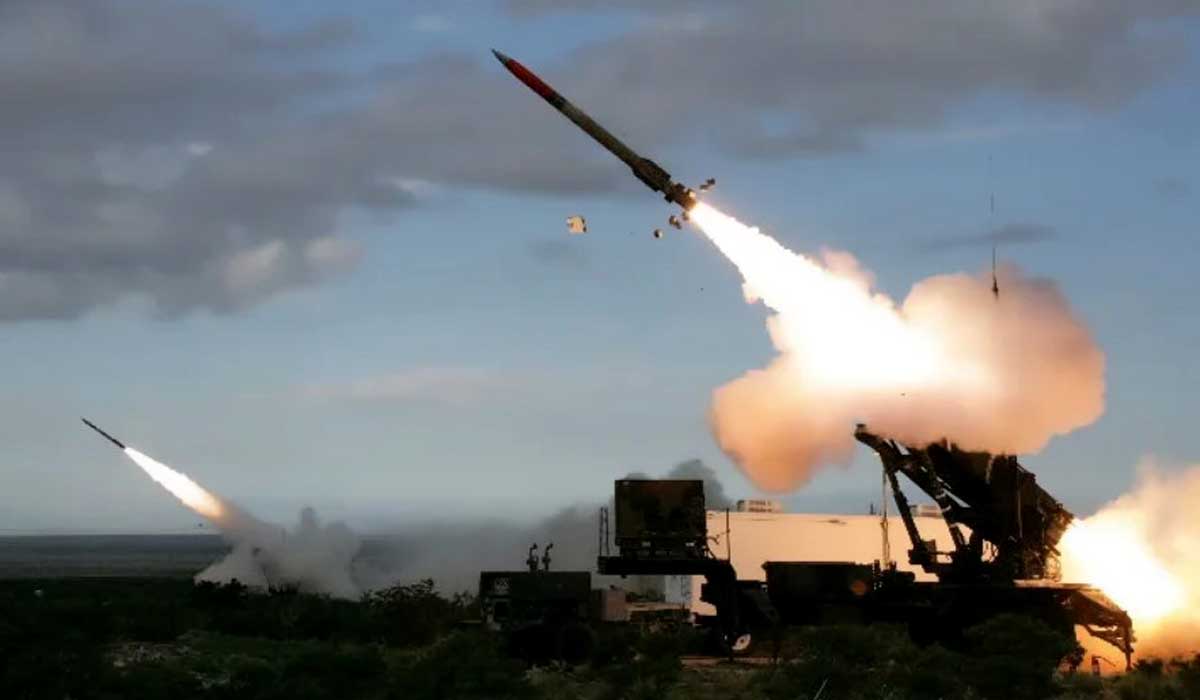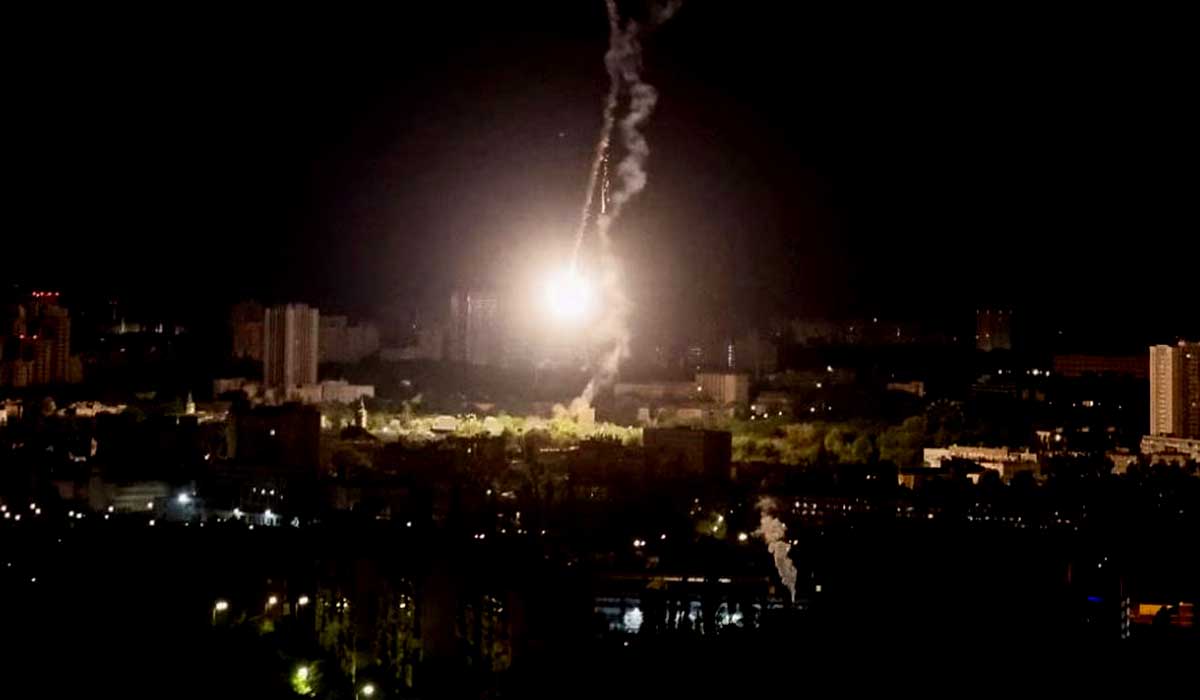
Afghan Refugees Departing Pakistan as Deadline Nears Expiry, Signaling a Mass Migration Crisis
As a significant deadline approaches, an estimated 140,000 Afghan refugees are leaving Pakistan, triggering a mass migration crisis that demands immediate attention and humanitarian support. The situation underscores the complex challenges of assisting vulnerable populations and ensuring their safe return to Afghanistan as the deadline set for their departure looms.
The Afghan Exodus:
A massive exodus of Afghan refugees from Pakistan has been underway in recent weeks as the country nears the deadline set for their return to Afghanistan. Pakistan, which has hosted a substantial Afghan refugee population for decades, has been working to repatriate them in line with an agreement between the two nations.
The impending deadline, coupled with concerns about the security situation in Afghanistan, has led to a surge in departures, with an estimated 140,000 Afghan refugees returning to their homeland. This mass migration has raised questions about the readiness of both nations to handle the logistical, humanitarian, and security aspects of such a massive movement of people.
Challenges of Return:
The return of Afghan refugees to their home country is a complex process, involving not only logistical challenges but also ensuring their safety and well-being in a country grappling with ongoing conflict and insecurity. The security situation in Afghanistan remains volatile, making it a significant concern for those returning, as they seek to rebuild their lives amidst uncertainty.
Humanitarian Crisis:
The mass migration of Afghan refugees presents a growing humanitarian crisis. Many of these individuals are returning to a country that lacks adequate infrastructure and resources to support them. Access to basic necessities, such as shelter, clean water, food, and healthcare, is a pressing concern.
Humanitarian organizations are working tirelessly to provide assistance to those returning to Afghanistan, but the sheer scale of the migration has stretched their resources and capabilities. Coordination between international organizations, governments, and non-governmental entities is critical to addressing the immediate and long-term needs of the returning refugees.
Challenges of Integration:
The return of Afghan refugees also presents challenges for the Afghan government in terms of their reintegration into society. Many returnees are coming back to a country they left years or even decades ago, with limited knowledge of the current political, economic, and social landscape. This poses challenges for their successful reintegration and raises questions about the support and resources available to help them rebuild their lives.
Deadline Pressure:
The impending deadline has added pressure to the situation. Afghan refugees in Pakistan face a difficult decision between returning to their home country, where they may encounter insecurity and a lack of resources, or staying in Pakistan, potentially facing legal consequences due to the expiration of their refugee status.
International Response:
The mass return of Afghan refugees from Pakistan has garnered international attention and concern. The United Nations and various humanitarian organizations have called for urgent assistance to support the returning refugees. They stress the importance of ensuring that the return process is voluntary, safe, and dignified.
International donors have pledged financial support to aid in the humanitarian response, but the challenges of providing assistance in the midst of a mass migration crisis remain daunting.
Security Concerns:
Security remains a paramount concern for those returning to Afghanistan. The country is still grappling with ongoing conflict and instability. Ensuring the safety of returnees as they travel to their home regions and settle in their communities is a critical aspect of the repatriation process.
The Role of Pakistan:
Pakistan has been a host to Afghan refugees for several decades and has supported them in challenging times. The decision to repatriate Afghan refugees reflects a significant shift in policy, and it has highlighted the complexities of managing such a transition.
Long-term Solutions:
The mass migration of Afghan refugees from Pakistan underscores the need for long-term solutions to address the plight of displaced populations. A sustainable approach to resolving the Afghan refugee crisis requires international cooperation and support for Afghanistan’s stability and development.
Efforts to enhance security, infrastructure, and livelihood opportunities in Afghanistan are essential to creating an environment where refugees can rebuild their lives with confidence and stability.
The Humanitarian Imperative:
Amidst the challenges and uncertainties surrounding the mass return of Afghan refugees from Pakistan, the humanitarian imperative remains clear. Providing assistance, support, and protection to vulnerable populations is a shared responsibility of the international community.
As the deadline for their departure draws near, urgent and coordinated action is required to ensure the safety and well-being of Afghan refugees returning to their homeland. This humanitarian crisis should serve as a reminder of the importance of addressing the root causes of displacement and working towards lasting solutions for displaced populations worldwide.




